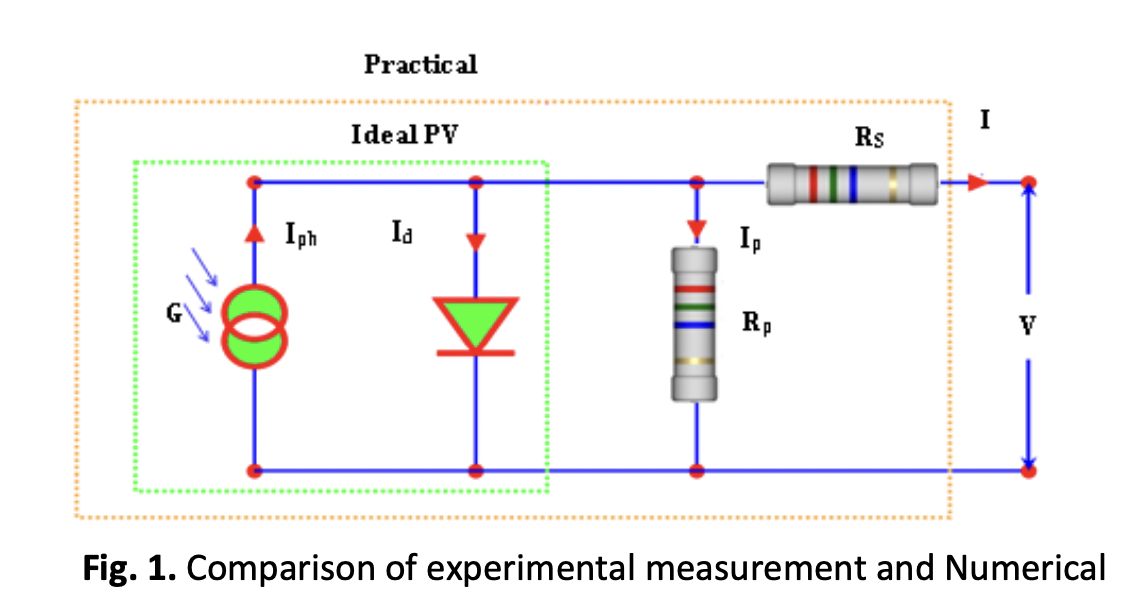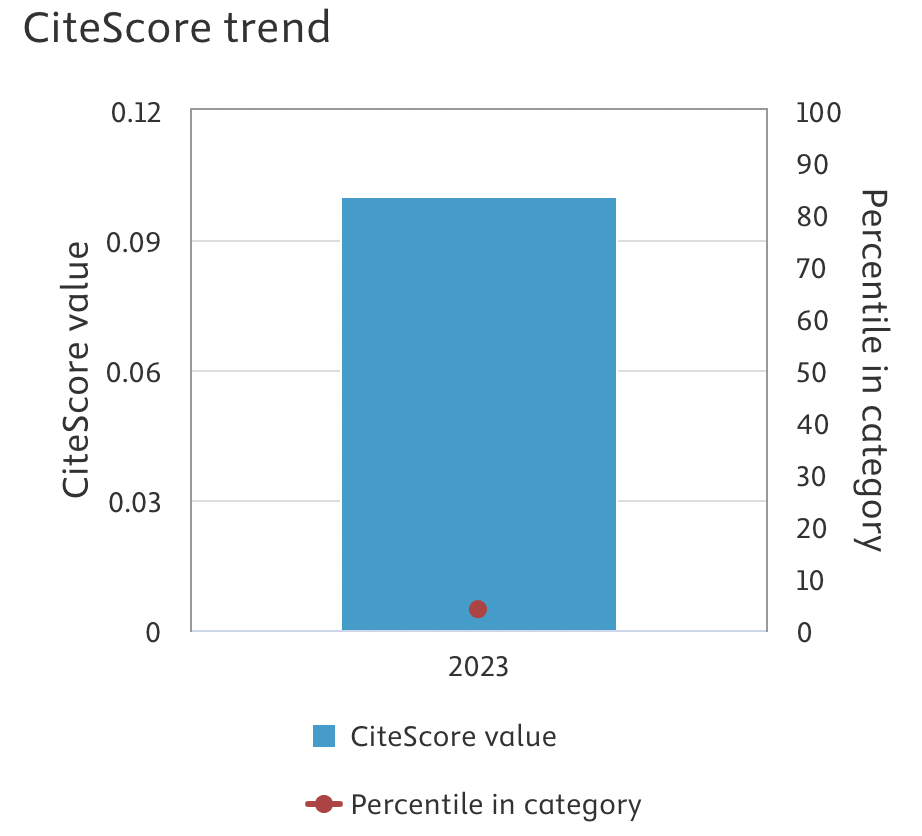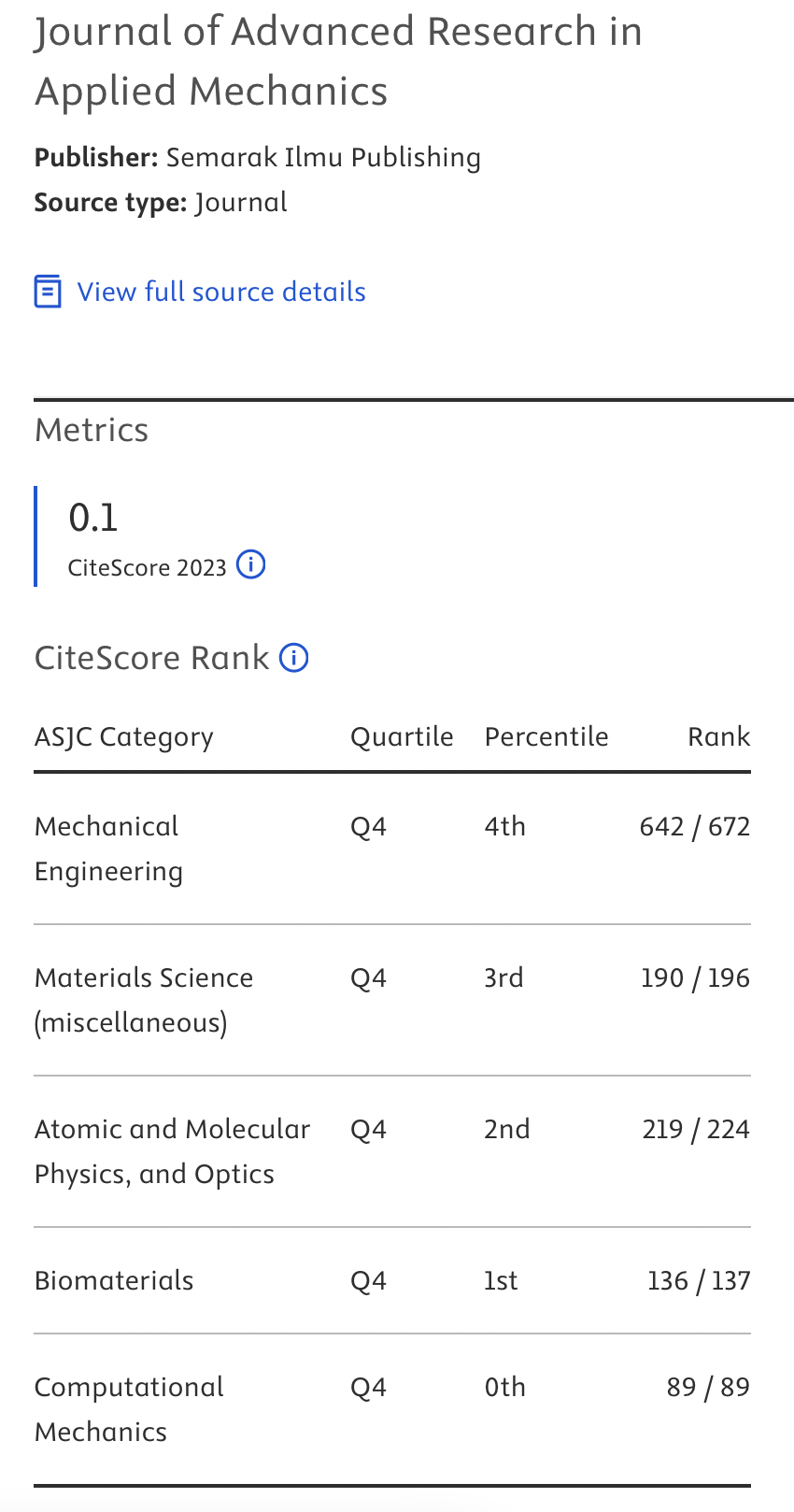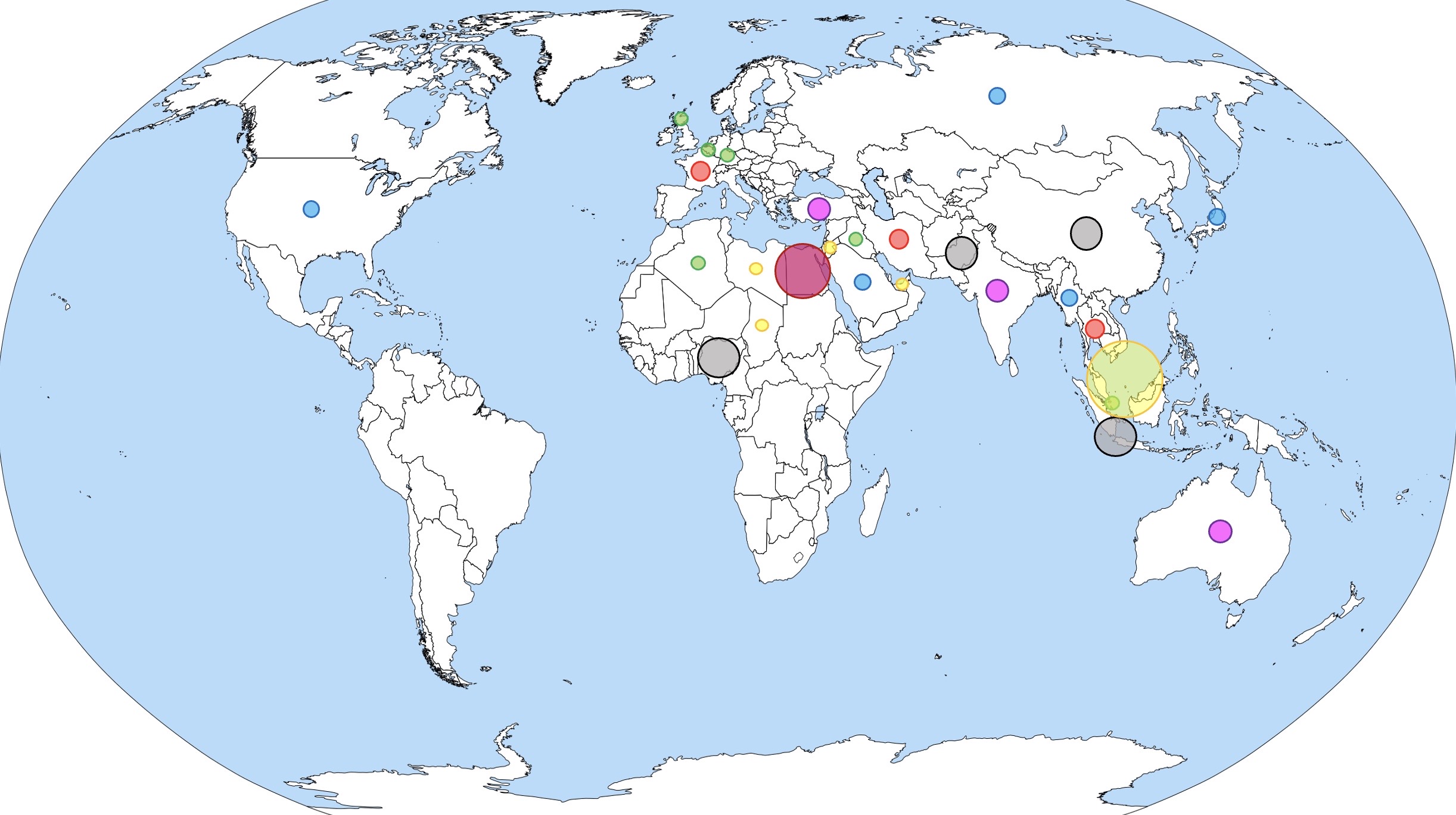Experimental and Theoretical Study to Improve the Performance of Solar Cells by Evaporative Cooling in Iraq
Keywords:
Efficiency, Evaporative Cooler, Photovoltaic Panels, Solar RadiationAbstract
The operating temperature of photovoltaic panels represents an important parameter that influences their conversion efficiency. High operating temperatures determine a decrease of maximum output power in the same conditions of solar radiation in order to overcome this critical issue, it is necessary to maintain the panels relatively at low surface temperatures as much possible as while using appropriate cooling systems. The current implementation assesses experimentally and simulation (by Mat lab) the performance of a PV system using a forced-air cooling system by an evaporative cooler from June to October of summer weather in Iraq. The results reveal that the highest values of the solar intensity and the ambient air temperature are obtained in July. Employing the forced-air cooling system reduces the average temperature on the front sides of the PV panel during July by 12%. In addition, the forced-air cooling system enhances noticeably the electrical power output of the PV panel by 13.2%, 15 %, 8.21%,6.6%and 5.5% during June, July, August, September, and October, respectively. The results also found a further improvement in the electrical efficiency of the panels by 11.11%, 14.4%, 9.35%,7%. and 6.2% during June, July, August, September, and October, respectively.Downloads
Download data is not yet available.

Downloads
Published
2023-01-29
How to Cite
Qusay Jasim, & Najim Abd. (2023). Experimental and Theoretical Study to Improve the Performance of Solar Cells by Evaporative Cooling in Iraq. Journal of Advanced Research in Applied Mechanics, 100(1), 1–12. Retrieved from https://semarakilmu.com.my/journals/index.php/appl_mech/article/view/1639
Issue
Section
Articles


























